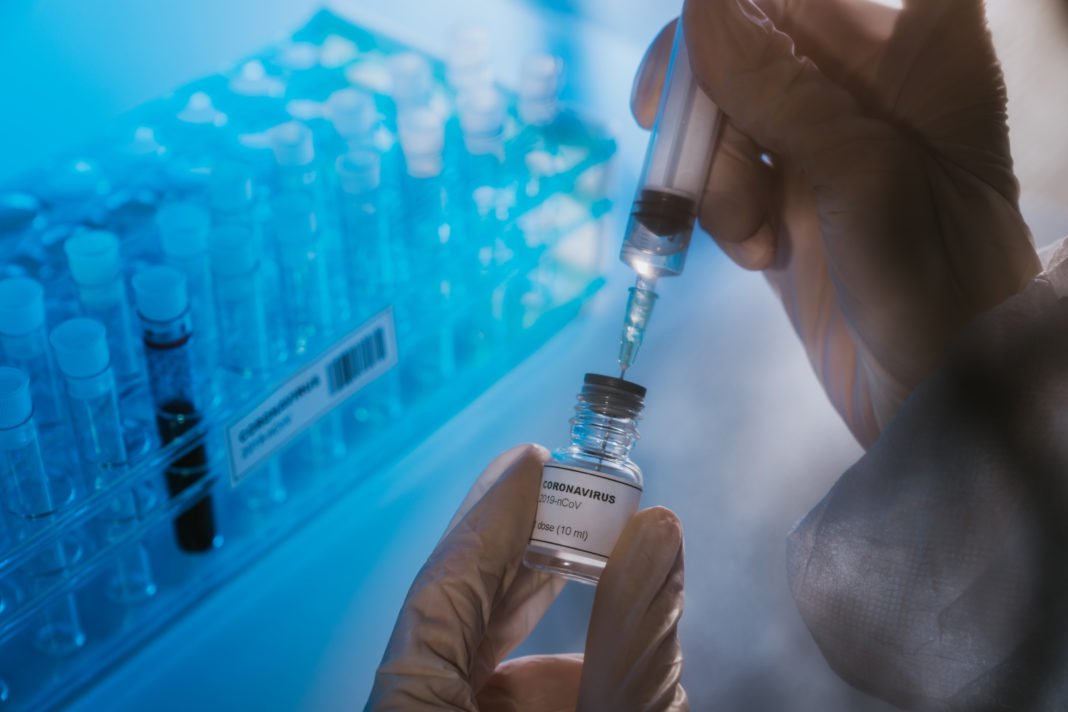Cobra Biologics, a CDMO and part of Cognate BioServices, and Scancell Holdings have entered into a collaboration for Cobra to manufacture Scancell’s COVID-19 vaccine. The agreement covers GMP production of plasmid DNA needed to generate the DNA vaccine, against SARS-CoV-2, for use in a Phase 1 clinical trial in 2021 (COVIDITY).
The project is funded by an Innovate UK grant awarded to the consortium between Scancell, the University of Nottingham, and Trent University, as previously announced in August.
Scancell’s DNA vaccine will target the SARS-CoV-2 nucleocapsid (N) protein plus the key receptor binding domain of the spike (S) protein to generate both T cell responses and virus neutralizing antibodies against the SARS-CoV-2 virus. This new vaccine has the potential to provide long lasting immunity against COVID-19 by generating protection not only against this strain, but also against new strains of coronavirus that may arise in the future, according to Scancell officials.
“The GMP production of plasmid DNA represents a crucial development in the production of a COVID-19 vaccine for use in the Phase 1 clinical trial, COVIDITY. Increasing production of plasmids to large scale and according to GMP requires management of the scale-up process to ensure plasmids are of therapeutic-grade quality,” said Peter Coleman, CEO, Cobra Biologics.
“Cobra’s long-established plasmid production platform along with in-house expertise will ensure the highest quality plasmids are produced for COVIDITY. The initial stages of GMP manufacture are scheduled to start imminently.”
“Our collaboration with Cobra is critical to us moving forward with our novel SARS-CoV-2 vaccine into the planned Phase 1 clinical trial, COVIDITY. Cobra has the expertise needed to produce clinical grade plasmid at scale and we look forward to working with them to advance our vaccine and demonstrate its potential effectiveness and protection against COVID-19,” added Cliff Holloway, PhD, CEO, Scancell.


